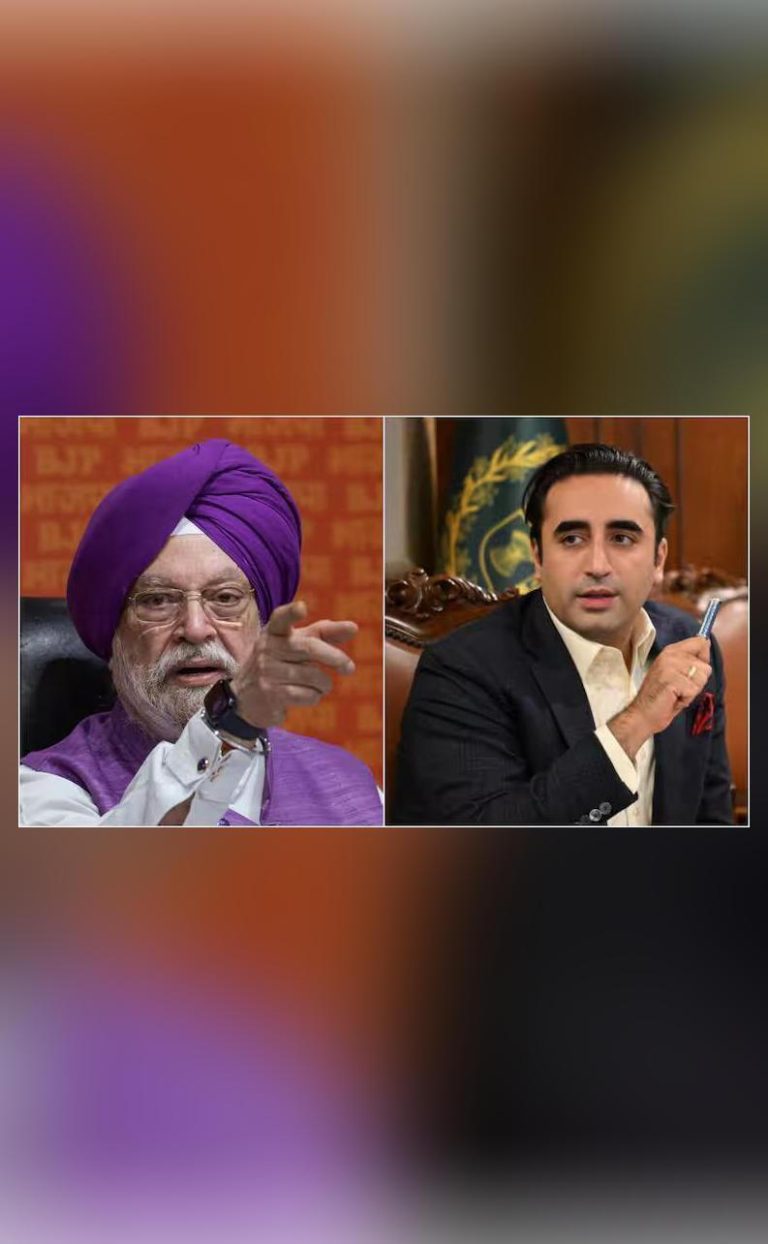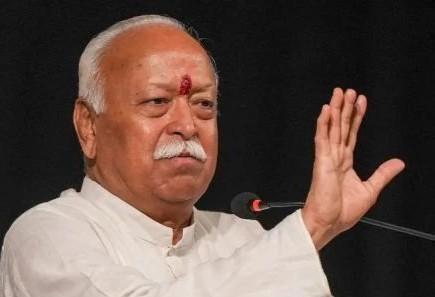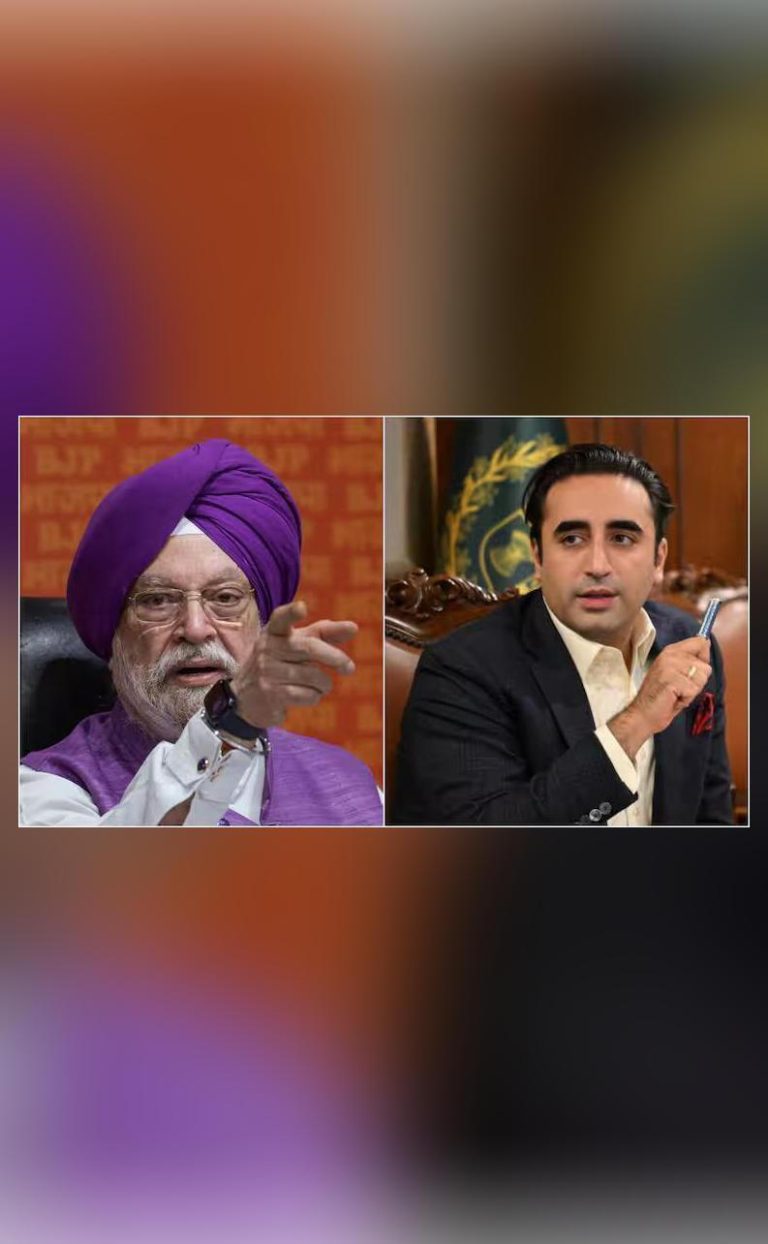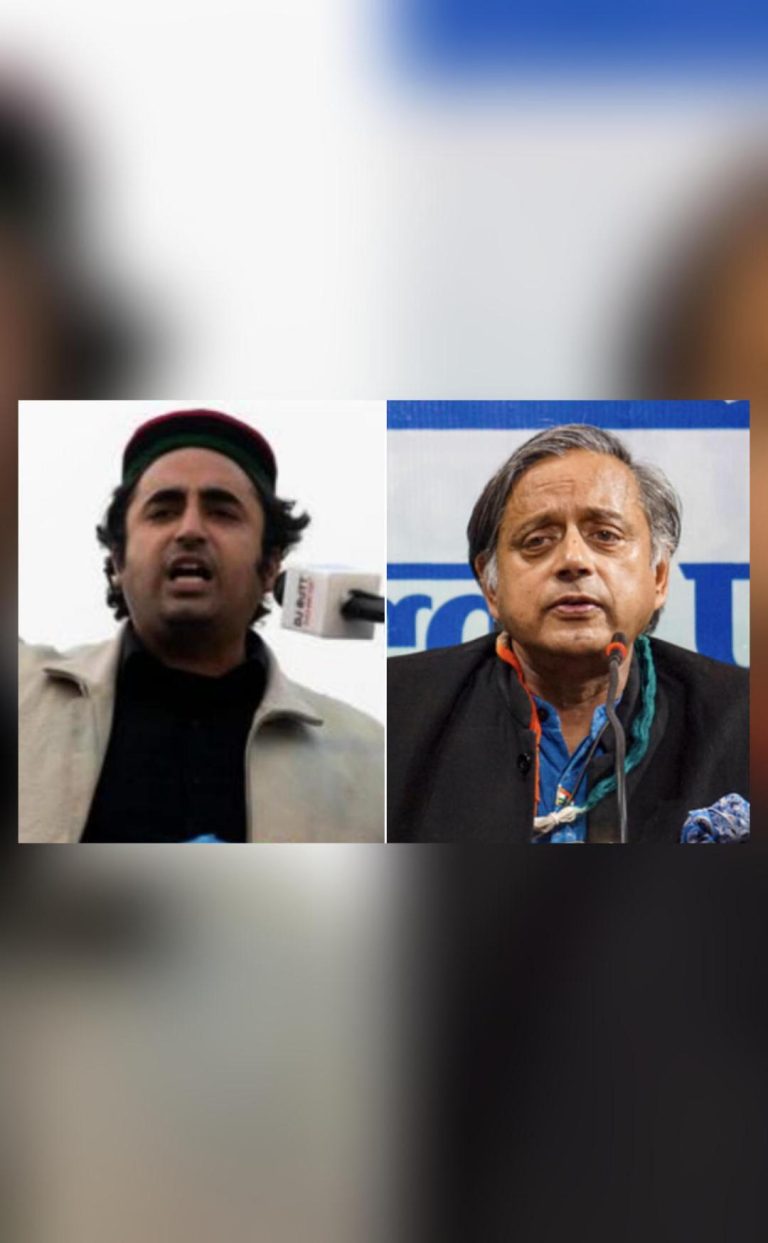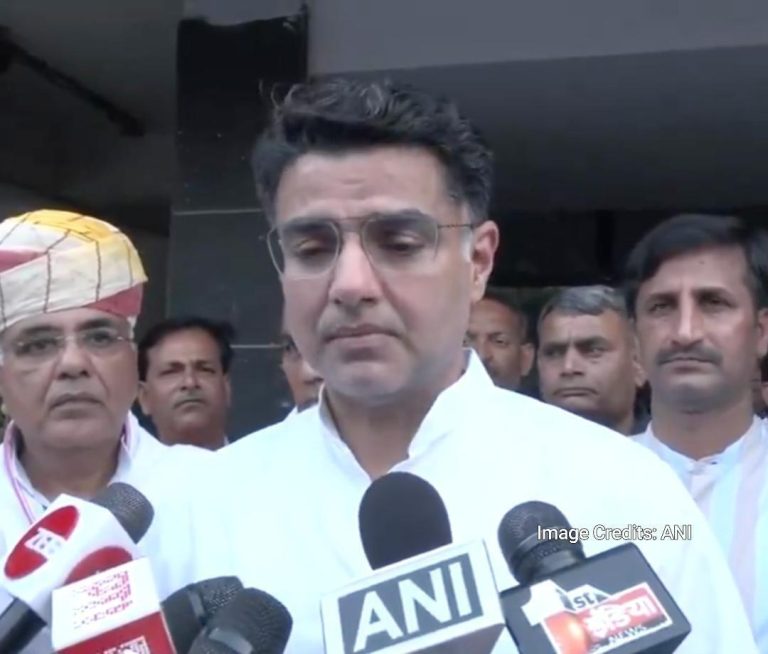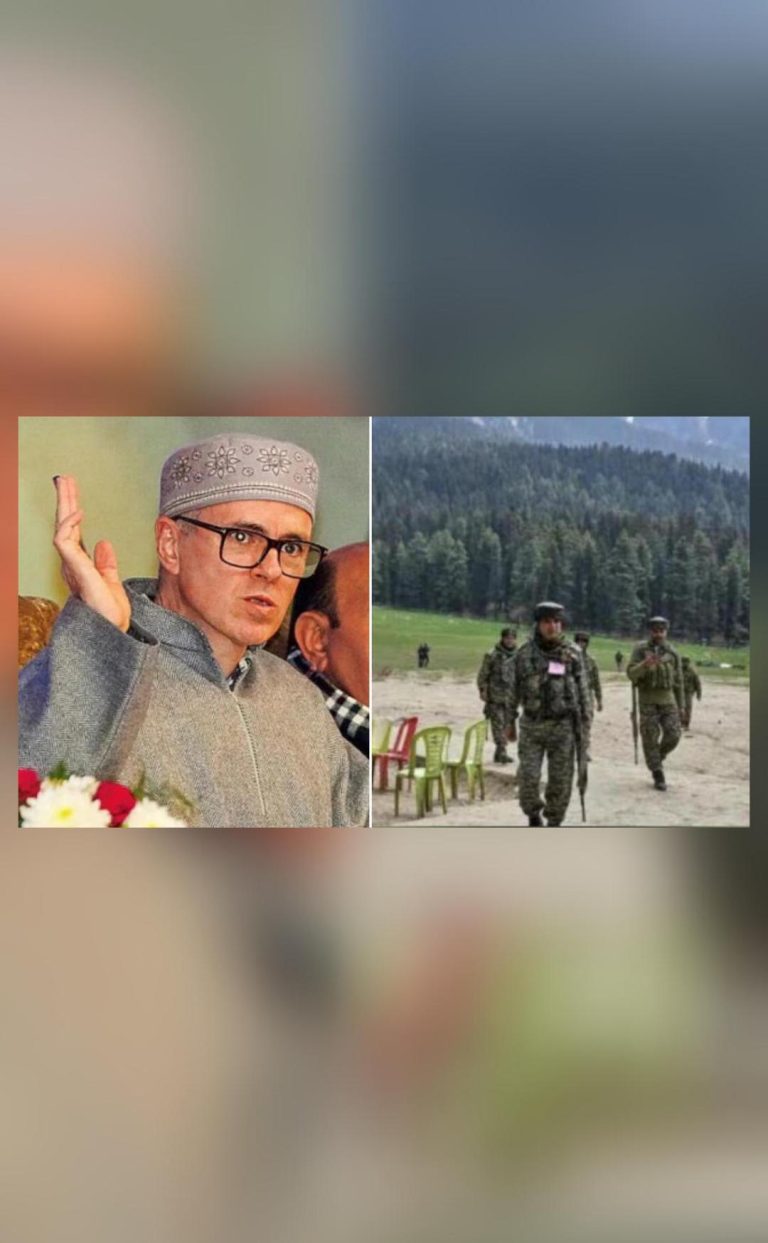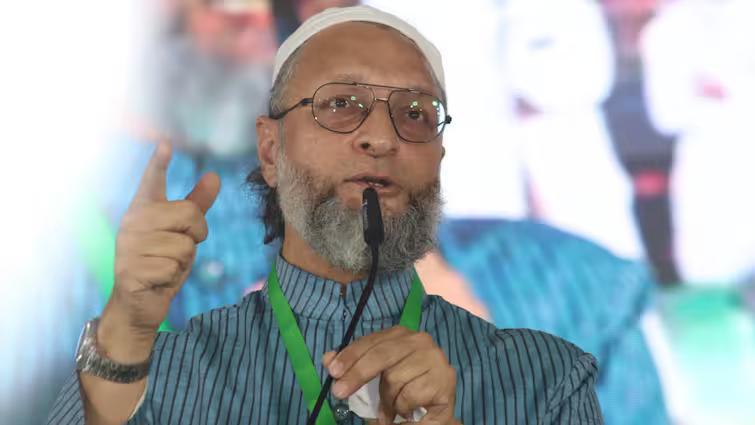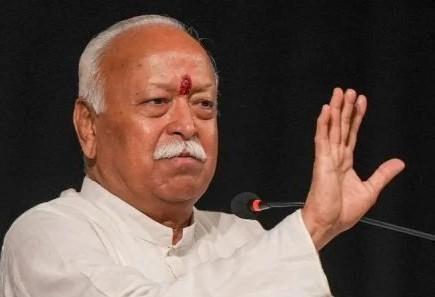
If someone turns to evil then we’ll teach lesson: Bhagwat on J&K attack
In the aftermath of the recent terror attack in Pahalgam, Jammu and Kashmir, RSS chief Mohan Bhagwat has made some stark comments about the situation. In a video statement, Bhagwat emphasized that India’s religion is non-violence, but he also believes that sometimes it is necessary to teach a lesson to those who are bent on causing harm.
The terror attack in Pahalgam, which killed several people, including civilians and security personnel, has sent shockwaves across the country. The attack was carried out by terrorists who are believed to be linked to Pakistan-based organizations.
In his statement, Bhagwat emphasized that India is a country that values non-violence and respects the rights of its neighbors. However, he also believes that when someone turns to evil, it is necessary to take action to protect the people.
“We never harm or disrespect our neighbors, but if someone is bent on being evil, what is the cure?” Bhagwat said in the statement. “The king’s duty is to protect the people, and he will do his duty.”
Bhagwat’s comments have sparked controversy, with many questioning the idea of teaching a lesson to those who are engaged in terrorist activities. Critics argue that such a approach can lead to a cycle of violence and retaliation, and that it is not in line with India’s values of non-violence and tolerance.
However, Bhagwat’s statement also resonated with many who feel that the government has been too soft on terrorism and that more needs to be done to protect the country’s citizens.
The issue of terrorism is a complex one, and it is difficult to know what the best approach is. However, it is clear that something needs to be done to stop the cycle of violence and to protect the people of India.
The question is, what is the best way to do this? Is it through military action, or through diplomatic efforts? Is it by teaching a lesson to those who are engaged in terrorist activities, or by working to address the underlying causes of terrorism?
These are difficult questions, and there is no easy answer. However, one thing is clear: something needs to be done to stop the cycle of violence and to protect the people of India.
In the meantime, it is important to remember that the people of India are not alone in this fight. The international community is also affected by terrorism, and there are many countries that are working together to address this issue.
The United Nations, for example, has a number of initiatives aimed at preventing and combating terrorism. These initiatives include the Global Counter-Terrorism Strategy, which was adopted by the UN General Assembly in 2006.
The strategy is based on four pillars: preventing the spread of terrorism, combating terrorism, addressing the conditions conducive to the spread of terrorism, and strengthening the international response to terrorism.
The strategy is supported by many countries, including India, and is seen as an important step towards addressing the global threat of terrorism.
In conclusion, the issue of terrorism is a complex one, and there is no easy answer. However, it is clear that something needs to be done to stop the cycle of violence and to protect the people of India.
As Bhagwat said, “If someone turns to evil then we’ll teach lesson.” But what is the best way to do this? Is it through military action, or through diplomatic efforts? Is it by teaching a lesson to those who are engaged in terrorist activities, or by working to address the underlying causes of terrorism?
These are difficult questions, and there is no easy answer. However, one thing is clear: something needs to be done to stop the cycle of violence and to protect the people of India.
Source:
https://youtu.be/SpAKVWl5wII
